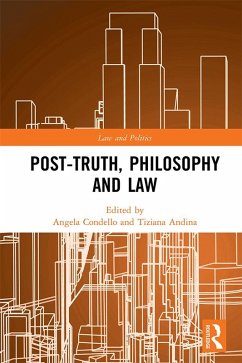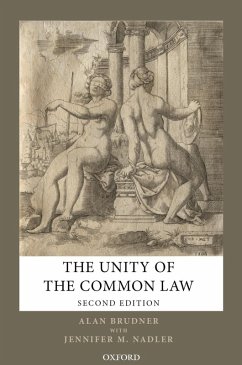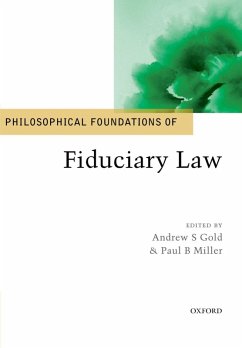
Governing Least (eBook, ePUB)
A New England Libertarianism
Versandkostenfrei!
Sofort per Download lieferbar
12,95 €
inkl. MwSt.
Weitere Ausgaben:

PAYBACK Punkte
6 °P sammeln!
"That government is best which governs least." -- Henry David Thoreau In this major new defense of libertarianism, Dan Moller argues that critics and supporters alike have neglected the strongest arguments for the theory. It is often assumed that libertarianism depends on thinking that property rights are absolute, or on fetishizing individual liberty. Moller argues that, on the contrary, the foundations of libertarianism lie in widely shared, everyday moral beliefs -- particularly in restrictions on shifting our burdens onto others. The core of libertarianism, on this "New England" interpreta...
"That government is best which governs least." -- Henry David Thoreau In this major new defense of libertarianism, Dan Moller argues that critics and supporters alike have neglected the strongest arguments for the theory. It is often assumed that libertarianism depends on thinking that property rights are absolute, or on fetishizing individual liberty. Moller argues that, on the contrary, the foundations of libertarianism lie in widely shared, everyday moral beliefs -- particularly in restrictions on shifting our burdens onto others. The core of libertarianism, on this "New England" interpretation, is not an exaggerated sense of our rights against other people, but modesty about what we can demand from them. Moller then connects these philosophical arguments with related work in economics, history, and politics. The result is a wide-ranging discussion in the classical liberal tradition that defies narrow academic specialization. Among the questions Moller addresses are how to think about private property in a service economy, whether libertarians should support reparations for slavery, what the history of capitalism tells us about free markets, and what role political correctness plays in shaping policy debates.
Dieser Download kann aus rechtlichen Gründen nur mit Rechnungsadresse in A, B, BG, CY, CZ, D, DK, EW, E, FIN, F, GR, HR, H, IRL, I, LT, L, LR, M, NL, PL, P, R, S, SLO, SK ausgeliefert werden.













